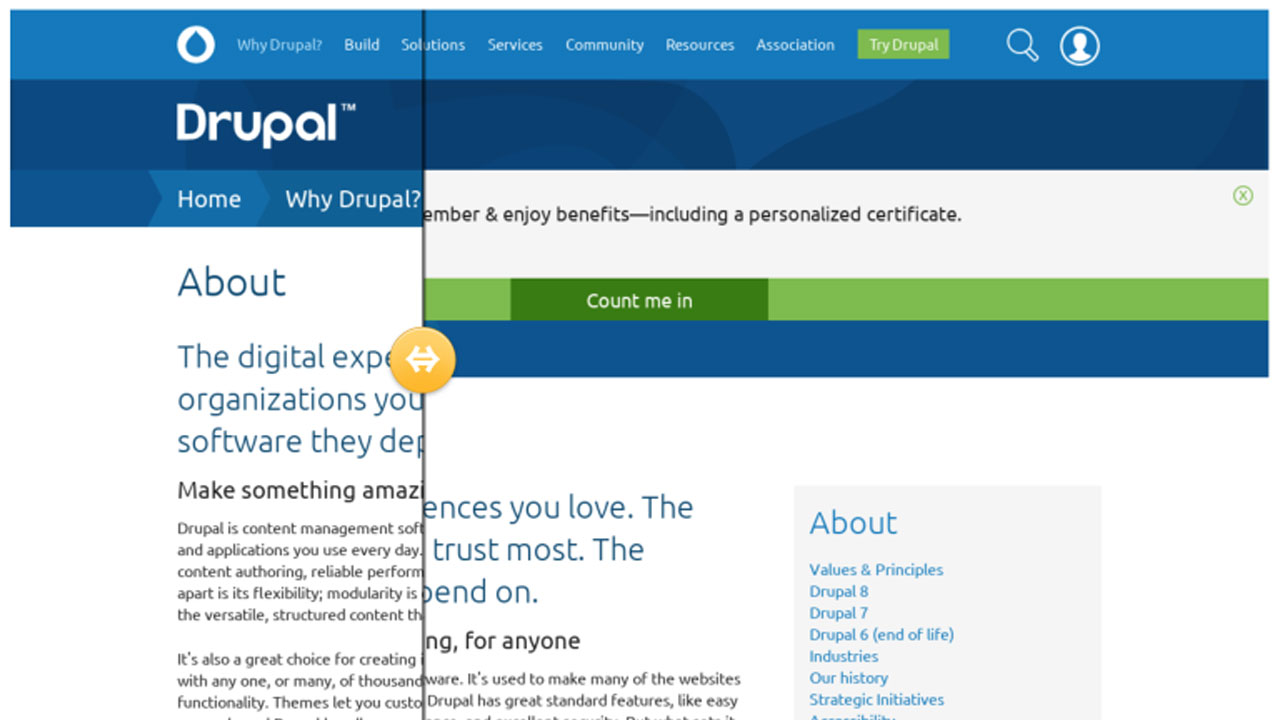The Negative View Of Remote Working
Introduction
Remote working, once considered a luxury, has now become a staple in many industries worldwide. With advancements in technology and the global shift towards flexible work arrangements, remote working has gained immense popularity. However, despite its benefits, there exists a negative perception surrounding this mode of work.
Challenges of Remote Working
Remote working presents several challenges, primarily stemming from the lack of face-to-face interaction. Employees often struggle with communication barriers and feelings of isolation, leading to decreased morale and productivity.
Work-Life Balance
One of the most significant drawbacks of remote working is the difficulty in maintaining a healthy work-life balance. The boundaries between work and personal life become blurred, making it challenging for employees to switch off after work hours.
Impact on Collaboration
Collaboration is essential for innovation and problem-solving within teams. However, remote working can hinder collaboration efforts, resulting in decreased team synergy and challenges in brainstorming and ideation processes.
Technological Hurdles
Remote working heavily relies on technology, making it susceptible to technological hurdles such as internet connectivity issues and dependency on digital tools. These challenges can disrupt workflow and hinder productivity.
Management Concerns
Managers face numerous challenges when overseeing remote teams, including monitoring productivity and ensuring accountability among team members. Without proper management strategies in place, remote teams may struggle to meet deadlines and achieve goals.
Mental Health Struggles
The isolation and lack of social interaction associated with remote working can take a toll on employees’ mental health. Increased stress levels, burnout, and anxiety are common issues faced by remote workers.
Loss of Company Culture
Company culture plays a vital role in employee engagement and satisfaction. However, remote working can lead to a loss of company culture, resulting in a lack of camaraderie and reduced team spirit among employees.
Career Progression Challenges
Remote working can hinder career progression by limiting visibility within the organization and reducing networking opportunities. Without regular face-to-face interactions with colleagues and supervisors, remote workers may find it challenging to advance in their careers.
Job Satisfaction
Job satisfaction is crucial for employee retention and morale. However, remote working can impact job satisfaction negatively, leading to feelings of disengagement and dissatisfaction among employees.
Security Risks
Remote working poses security risks such as data privacy concerns and cybersecurity threats. Without proper security measures in place, remote workers and organizations are vulnerable to data breaches and cyberattacks.
Professional Development Barriers
Access to training and mentorship programs is essential for professional development. However, remote workers may face barriers such as limited access to resources and hindered skill development opportunities.
Conclusion
In conclusion, while remote working offers flexibility and convenience, it also comes with its share of challenges. From communication barriers to mental health struggles, remote workers face various obstacles that can impact their well-being and productivity. However, with proper management strategies and support systems in place, these challenges can be addressed effectively, ensuring a positive remote working experience for all.









